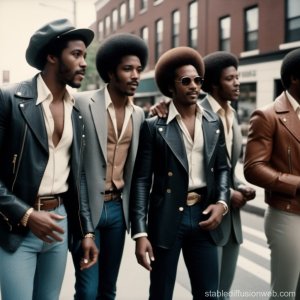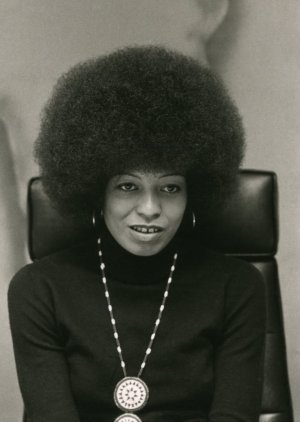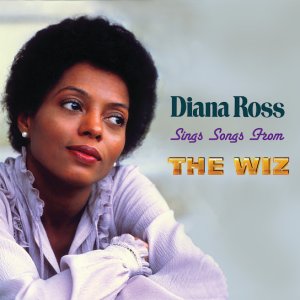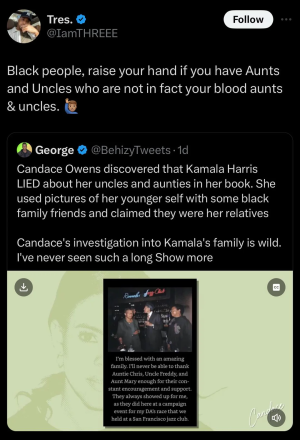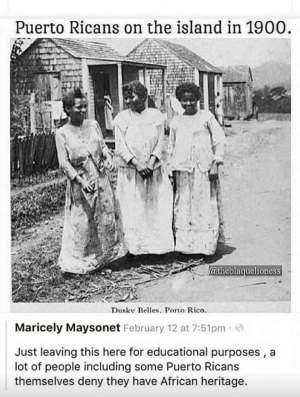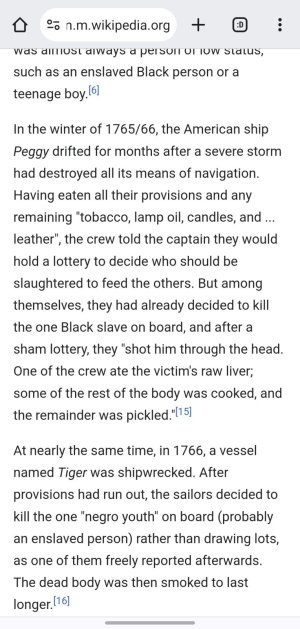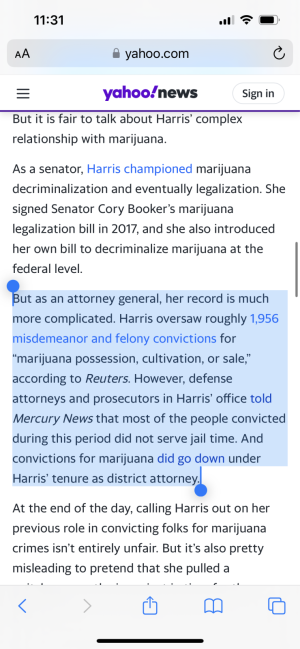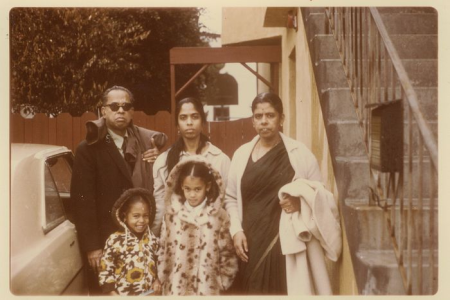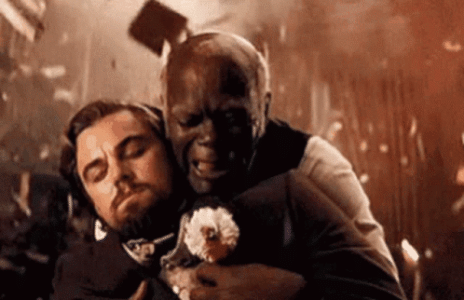When was soul music souled out?
For anyone who recalls soul`s classic years-from the 1960s until the early `70s, when performers such as Aretha Franklin, James Brown, Sam and Dave, Otis Redding, Al Green and Motown`s artists were in their prime-it`s a bittersweet question.
''For many of us, it`s an era we`d like to go back to,'' said Billboard magazine`s black-music editor Nelson George at a recent New Music Seminar in New York City. ''But let`s be honest. Soul music is dead; well, sort of.''
George, author of the recently published ''The Death of Rhythm and Blues,'' was heading a panel on the death, dilution and mutation of soul. Helping him dissect this subject were five with firsthand experience.
There were Al Bell, legendary founder of Stax Records in Memphis, and Betty Wright, who had hits years ago with songs such as ''Clean Up Woman'' and ''Tonight Is the Night,'' and who recently resurfaced with ''No Pain, No Gain''; she is president of her own label, Miss B. Records. Also in on the aural autopsy were Ronald Roach, director of artists and repertoire for Elektra Records; Charles ''Madhatter'' Merritt, a longtime R&B disc jockey in Mobile, Ala.; and Edward Eckstine, an executive with Polygram Records.
Bell traced soul`s death to its own success and a 1970 study conducted by Harvard University for Columbia Records on the economic impact of labels such as Motown and Stax.
''It was clear that soul was becoming something of a moneymaker and that it was unavoidable,'' Bell said. ''It was suggested to Columbia that it would be wise, prudent and good business to get involved with soul music.''
Bell said the result, combined with European disco influences, was a
''watered-down, homogenized'' sound designed for the widest possible market. Independent companies from which soul sprang were bought out or changed beyond recognition as soul music became ''urban contemporary.''
''In the process, the music began to dilute and separate, if you will, the tree from its roots,'' Bell said. He got a collective, knowing laugh and applause when he paraphrased Rod Stewart, who said in 1980 that soul music died because black artists were trying to sound white and white artists, who for years had tried to sound black, now had no one to copy.
The ''Madhatter,'' though, pointed out that soul is still alive and, well, only known as rap.
''The same beat you worship to on Sunday is the same beat you jam to on Monday,'' the Madhatter said in a concise definition of the genre. ''It evolved from the church, to the street, to rap-it`s all soul music.''
An absent Whitney Houston took some gentle flak from the panel as a prime example of a woman raised on raw R&B and who, as the heir apparent to Aretha, has chosen instead to take the money and run down the middle of the road.
Nelson ventured that Houston is a ''tragedy of soul music. If she had been allowed (by CBS Records president Clive Davis, who has directed her career) to open up, I believe she could have had the same success.''
Eckstine, creatively involved with Houston early in her career, agreed, but noted her success is hard to knock. ''I call her `McWhitney, 25 million sold,` '' he said.
''I want you all to leave Whitney alone,'' protested Bell, who has known her mother, Cissy Houston, since before her daugher was born. But he went on to make the same point. ''She might be compromising her talent, but she`s not compromising her bank account. She has the right to do what she wants to. I just hope at some point in time that she goes back to the key of E and leaves something for posterity.''
Anyone mourning the passing of soul, though, has to be heartened by Betty Wright`s story. Following a few years as a successful teenaged soul singer in the `60s, she has returned after a long absence and totally on her own terms. ''No Pain, No Gain'' is a heartfelt, gritty and worthy successor to `60s soul but with an `80s sound.
Wright laughingly described pitching the record to 32 (''and I kept count!'') record companies at a time when she was broke and pregnant. All rejected her, so she decided to do it herself.
She produced the final effort, formed her own label and sought out old contacts for airplay. The result was a Top 10 hit on the black charts. Then the companies who spurned her began calling. She told them it was too late.
''It was like the story of the little chicken and the bread,'' she said.
''I told `em, `I don`t need you to help me eat it. I did need your help to bake it.` ''
Wright has a follow-up in the works, and she vows to remain independent. And she, George and Eckstine had some wise advice to young rappers and hopeful singer-songwriters in the audience.
Because rap is becoming mainstream (witness television commercials), the energy and integrity that begat it are bound to be bought, sold and diluted just as the music before it was.
''The pursuit of crossover has killed many a soul, as well as many a soul star,'' Eckstine said.
https://ad.doubleclick.net/ddm/clk/...1qo-cAMd2CaEatZj5a3oOVQfmsiDVtlEo9fCrgcGe2qQv








